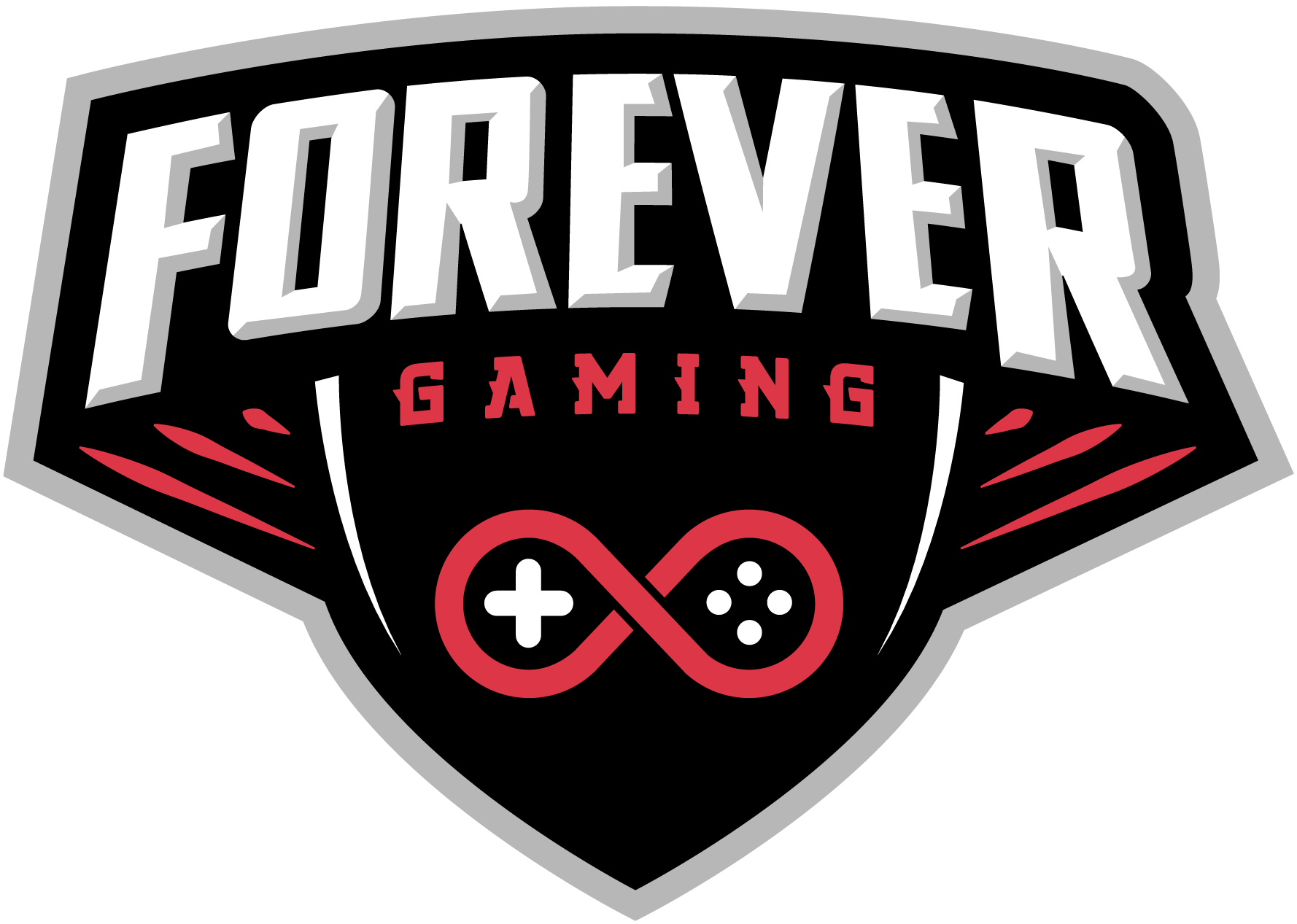In the forums you may have noticed that a series of topics around health and wellness have begun to pop up. The reason? I’m a strength and conditioning coach – so health and wellness are the corner stone of my existence!
Today I want to address something that impacts all of us here at FG – Sleep. If you’ve played with me at all you know that I often log off first and go to bed at around 9.30pm, why?
Well according to several studies there is a link between video games and the quality of sleep we can get. Sleep is one of, if not the, most important factors influencing our physical and mental health and wellbeing. Getting a solid 8 hours of sleep every night is truly the fountain of youth as it has links to lower blood pressure, weight loss, cancer…..you name it – sleep impacts on it.
In a recent study it was found that even the smallest exposure to video games led to:
“The analysis indicated a reduction of Total Sleep Time (TST) and an increase of Sleep Onset Latency (SOL), modifications of the REM sleep and Slow Wave Sleep (SWS), and increased sleepiness and self-perceived fatigue.”
That means when you play video games the amount of sleep you get is reduced, the time it takes you to fall asleep takes longer and you don’t get as good quality REM sleep (the important part of sleep).
To mitigate this, I have made the following recommendations on the forum:
1. Be in bed with enough time to fall asleep and get at least 8 hours sleep. For me that’s 10pm, so I log off at 9.30pm, make my lunch and bits for the next day and get in bed by 10pm.
2. Stop drinking caffeine after midday. This one is a tricky one as people like their tea and coffee etc. However, the half-life of caffeine is actually 5 – 6 hours on average, that means if you had a black coffee at midday that’s 100mg of caffeine in your system, by 6pm that’s still 50mg in your system, by midnight 25mg. See the problem? If you drink coffee at 6pm with your dinner it’s still raving out in your system at midnight.
Something to think about is that the issues with video games and sleep are acute. You play video games, you have poor sleep, you wake up and you’re tired. You don’t play video games that evening, you sleep well – all is good, right?
Wrong. The acute effects of video games and sleep soon build up and the study suggests that long term exposure to video games can have long term chronic issues related to elevated heart rates and blood pressure, obesity and other various ailments.
Hopefully this information might help you to make some different choices about how often you play video games, how late you play them and if you can find ways to mitigate the impact.
Here are the final conclusions from the study, which is linked below:
In summary, exposure to VGs before falling asleep can have important effects on the subsequent sleep characteristics, in both children/adolescents and adults. The reduction of Total Sleep Time (TST) and an increase of Sleep Onset Latency (SOL) and the possible change of components of sleep (mainly SWS and REM) identified in the study investigated, are clear indicators of poor sleep quality, higher tiredness and fatigue that may have repercussion on cognitive and behavioural activities of the subsequent waking. In fact, some cognitive abilities as sustained attention and verbal memory, can result worsened as a consequence of VGs exposure. Since the relevance of sleep for health and life quality, a great effort is required to address additional research for clarifying the role of acute and chronic exposures to videogames.
https://www.ncbi.nlm.nih.gov/pmc/articles/PMC6361300
















.thumb.png.3655bd2834e57e79b45682528da71c3d.png)



Recommended Comments
Create an account or sign in to comment
You need to be a member in order to leave a comment
Create an account
Sign up for a new account in our community. It's easy!
Register a new accountSign in
Already have an account? Sign in here.
Sign In Now